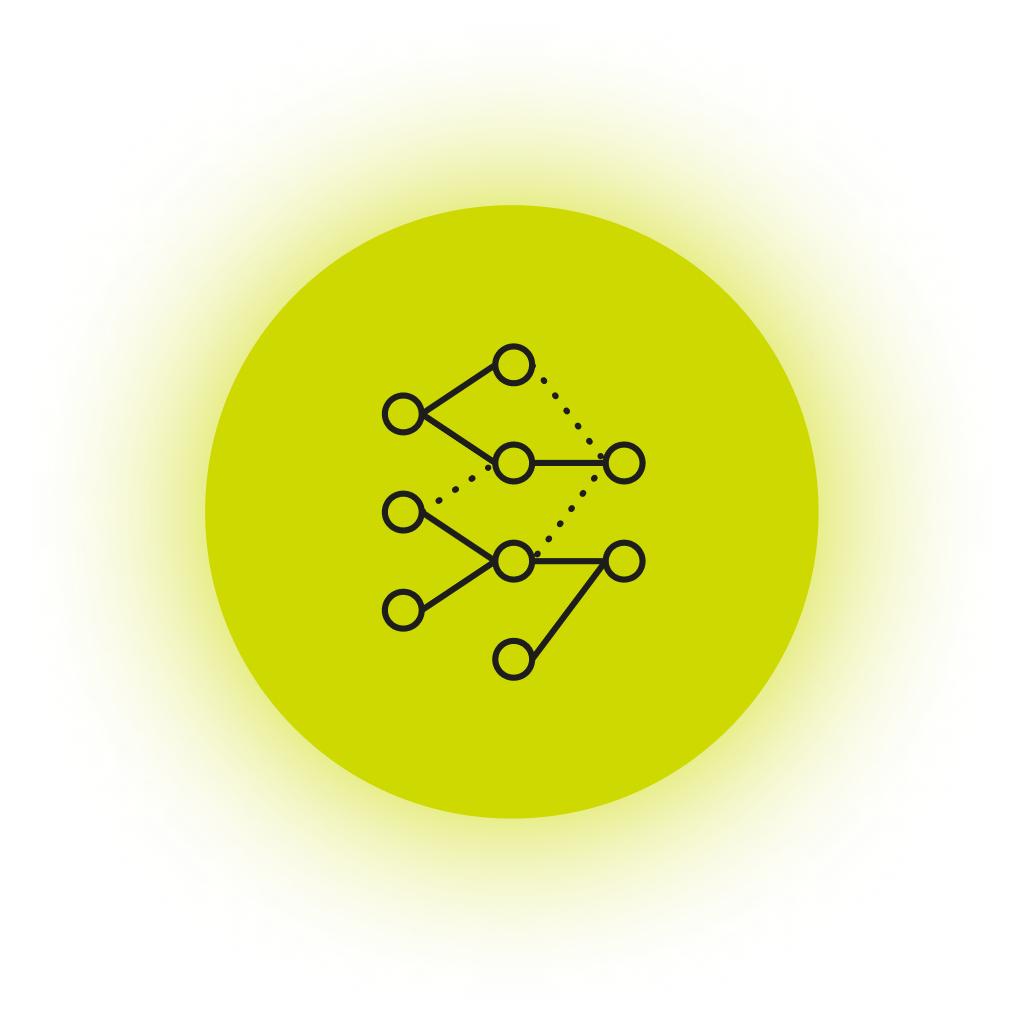Exceptional IT Service Management. Without Compromise.
Exceptional IT Service Management. Without Compromise.

Flexible
Our ITSM solutions adapt effortlessly to your individual needs and the dynamic market conditions so that your IT services are perfectly aligned with your business objectives.

Reliable
ITSM ensures reliable IT services that are stable, consistent and optimally tailored to the needs of your company.

Efficient
ITSM optimizes your IT processes for maximum performance and resource utilization in order to increase efficiency and reduce costs.
IT Service Management (ITSM) – is a comprehensive approach to planning, delivering, operating and supporting IT services within an organization. This approach uses best practices, processes and tools to ensure that IT services meet your customers‘ expectations while adding value to your organization.
ITSM aims to improve the efficiency, quality and agility of your IT services, which ultimately contributes to your competitiveness and the long-term success of your company. Especially in companies where IT plays a central role, ITSM is essential to support business operations smoothly.
Whether you’re a small, medium-sized, or large company — ITSM is used across all industries and company sizes.
IT Service Management (ITSM) – is a comprehensive approach to planning, delivering, operating and supporting IT services within an organization. This approach uses best practices, processes and tools to ensure that IT services meet your customers‘ expectations while adding value to your organization.
The design and planning of your IT services, ensuring that all services meet your business requirements and can be delivered efficiently. ITSM ensures that all your IT services meet the highest quality standards.
ITSM supports the smooth, daily operation of your IT services. This ensures that all services are available at all times and that your agreed service level agreements (SLAs) are adhered to.
Disruptions and problems must be resolved quickly and effectively in order to minimize the impact on your business operations. ITSM minimizes downtime and quickly restores normal operations.
Every change to IT services and the IT infrastructure is carefully managed to avoid any negative impact on operations. ITSM ensures a structured and secure change process that supports business continuity and minimizes risk.
Recurring disruptions must be avoided by identifying and eliminating their root causes.
The focus is on long-term solutions that increase the stability and reliability of the IT infrastructure.
ITSM monitors compliance with the service level agreements and ensures that your IT services achieve the defined performance indicators.
The continuous improvement of IT services and processes is based on measured performance data and feedback from stakeholders. This allows you to constantly optimize your services.
Effective ITSM ensures that IT services support business requirements and offer clear added value:

USU Valuemation Partner Training

USU Certified IT Service
Management Consultant

USU Administrator

Service Now Implementation Specialist

Service Now Scripting

Service Now System Administration

Orchestra Basic
and Valuemation

ISO 20000

Pentaho Report Designer PRD 1000L

ITIL V4 Foundation Certificate in IT Service Management

ITIL V4 Managing Professional

Service Now Foundation
An ITSM tool should provide comprehensive support for the specific business processes. Important criteria are:
The choice depends on the individual IT requirements and the available resources.
AI and automation improve efficiency and productivity in IT Service Management. They enable:
After the introduction of an ITSM system, continuous optimization is crucial:
Training ensures that employees use the ITSM system effectively and understand all functions. This promotes:
ITSM plays a central role in protecting sensitive data: